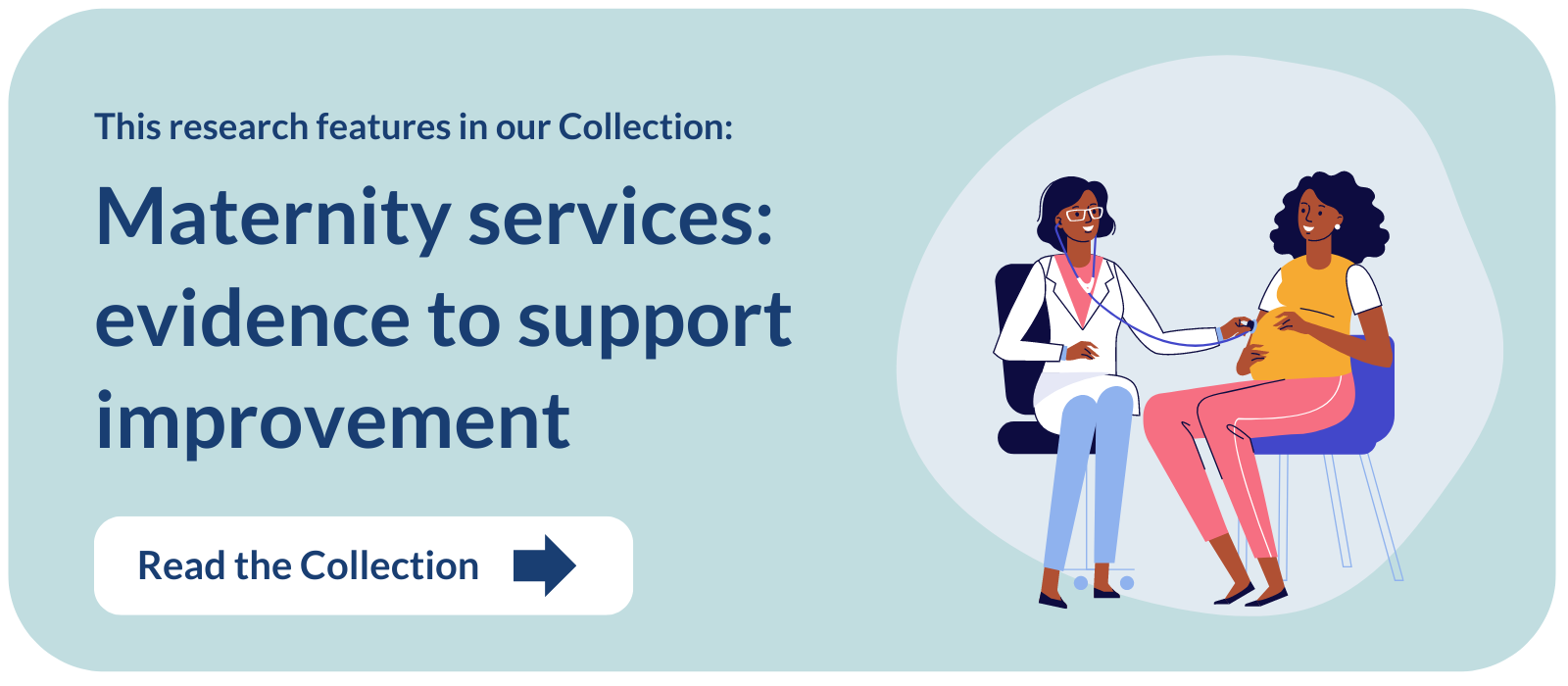This is a plain English summary of an original research article. The views expressed are those of the author(s) and reviewer(s) at the time of publication.
Almost one in three women develop post-traumatic stress disorder (PTSD) after early pregnancy loss, a new study shows. For some, signs of PTSD, anxiety and depression are still evident nine months later.
Early pregnancy losses are common, but the consequences and psychological impact are often overlooked. Current care varies, but most women receive no formal psychological support. They often rely on patient support groups for information and guidance.
This study aimed to investigate levels of PTSD, depression, and anxiety in the nine months after early pregnancy loss. Researchers hope the findings will help shape future response and support for women.

What’s the issue?
In the UK, there are an estimated 250,000 miscarriages and 10,000 ectopic pregnancies (in which an embryo starts to grow outside the uterus) every year. This makes it one of the most common reasons young women visit their family doctor or attend hospital.
Early pregnancy loss includes miscarriage (loss before 24 weeks) and ectopic pregnancy. Both can involve serious pain or bleeding and require emergency procedures in hospital.
There is evidence that early pregnancy loss has a psychologic impact. This may be anxiety, depression, or even PTSD. To date, this aspect of pregnancy loss has not been a major focus for research or treatment.
What’s new?
This is the first report from the larger Psychological Impact of Early Pregnancy Events study. It included 492 women seen at three central London hospitals. They completed a survey one month after early pregnancy loss. Another 87 women with healthy pregnancies acted as a comparison group.
Researchers used recognised assessment scales for moderate/severe anxiety and depression, and PTSD, to assess the impact of early pregnancy loss.
At one month, among women with early pregnancy loss:
- nearly one in three (29%) had PTSD, compared to none with healthy pregancies
- one in four (24%) had anxiety, compared to one in eight (13%) women with healthy pregnancies
- one in 10 (11%) had depression, compared to one in 50 (2%) women with healthy pregnancies.
At nine months, none of the women with healthy pregnancies had PTSD, anxiety or depression. But among women with early pregnancy loss:
- almost one in five (18%) had PTSD
- one in six (17%) had anxiety
- one in 20 (6%) had depression.
These results show that PTSD, anxiety, and depression decline over time, but they remain common at nine months.
The researchers believe this study, from Tommy's National Centre for Miscarriage Research, is the largest to assess PTSD, anxiety, and depression following pregnancy loss.
Why is this important?
For many women, miscarriage or ectopic pregnancy is traumatic and has a lasting impact. Given the numbers of miscarriage and ectopic pregnancies, the researchers are concerned that this is a hidden public health issue.
They hope their research will highlight the associated psychological distress. It could prompt those closest to the women - friends, colleagues, employers and family members - to better support them and their partners following a pregnancy loss.
These findings could encourage women with PTSD to seek help. The researchers call for clinical management to be more sensitive to the psychologic implications of early pregnancy loss; delays in access to treatment to be reduced; and for women to be able to access specialist care for early pregnancy loss.
What’s next?
Some women recovered from PTSD without intervention in the first three months after a pregnancy loss. But the number of women with PTSD changed little between three and nine months. The researchers therefore suggest that women should be screened for significant psychological effects three months after a pregnancy loss.
Those reaching the criteria for significant anxiety and depression, and in particular PTSD, should then be offered an assessment by a psychologist possibly leading to cognitive behavioural therapy (CBT), which is a first line therapy for PTSD in NICE guidance.
Researchers are planning randomised trials to determine the impact of the use of visuospatial cognitive tasks and trauma focussed CBT for the treatment for PTSD associated with pregnancy loss. They will compare it with the standard support that is given to for women following an early pregnancy loss.
In the meantime, guidelines have not yet changed. But the researchers hope people will be made more aware of the psychological impact of pregnancy loss and that professionals will look for it in clinical practice.
You may be interested to read
The full paper: Farren J, and others. Posttraumatic stress, anxiety and depression following miscarriage and ectopic pregnancy: a multicenter, prospective, cohort study. Am J Obstet Gynecol. 2020;222:367.e1-22
An initial study by the same researchers to investigate the type and severity of emotional distress in women after early pregnancy loss. Farren J, and others. Post-traumatic stress, anxiety and depression following miscarriage or ectopic pregnancy: a prospective cohort study. BMJ Open. 2016;6:e011864
A review of existing studies by the same researchers: Farren, J, and others. The psychological impact of early pregnancy loss. Human Reproduction Update. 2018;24:731–749
Websites for patients: The Miscarriage Association, Tommy’s Charity, and The Ectopic Pregnancy Trust
Funding: This study was funded by the Imperial Health Charity, NIHR Biomedical Research Centre and FWO (Research Foundation-Flanders).
Conflicts of Interest: The study authors declare no conflicts of interest.
Disclaimer: Summaries on NIHR Evidence are not a substitute for professional medical advice. They provide information about research which is funded or supported by the NIHR. Please note that the views expressed are those of the author(s) and reviewer(s) and not necessarily those of the NHS, the NIHR or the Department of Health and Social Care.
NIHR Evidence is covered by the creative commons, CC-BY licence. Written content and infographics may be freely reproduced provided that suitable acknowledgement is made. Note, this licence excludes comments and images made by third parties, audiovisual content, and linked content on other websites.